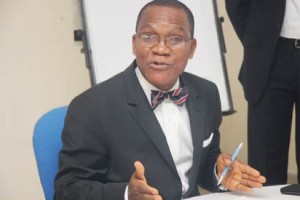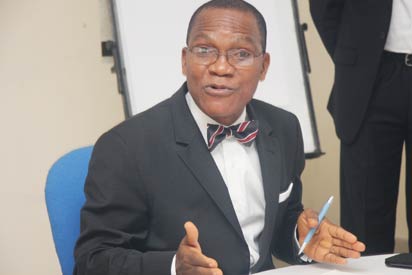
The Director General of the Debt Management Office (DMO), Dr. Abraham Nwankwo has allayed fears over Nigeria’s debt profile saying that there is nothing to worry about as it is still within manageable level. He made this while disclosing that the country’s debt profile currently stands at $64 billion.
Nwankwo said this, while making submission on the nation’s debt profile before the Senate Committee on Foreign and Local Debts, however, allayed fears of Nigerians. He said the rising debt profile of the country will not negatively affect the economy.
According to the D-G, Nigeria needed $25 billion per annum continuously for the next 10 years in order to effectively tackle its infrastructural deficit.
He said that debts owed local contractors were not part of the domestic debts quoted because their details are under the purview of the Budget Office of the federation, and National Planning, because they are operational debts. While local contractors’ debts arose from the activities of agencies in terms of implementation of capital expenditures.
Nwankwo said, “Ordinarily, if the implementation of the budget is followed in details, there is no reason why there should be local contractors’ debt because it is already in the budget.
We have been sensitising Nigerians that we need to do better because our tax GDP ratio is very low compared to countries in our debt role, their entire GDP ratio is about 18 percent whereas for Nigeria, it is about 6 percent which means that we are not effective in collecting taxes to reflect the size of our economy.
This has implications for debt service. Certainly, there is need to be careful even though there is space we need to relate debt service to revenue. The solution is that we have a big gap to fill, because when we move upward from the six percent tax GDP ratio, we will have a lot of money to solve our problems including servicing our debts.
For now, our debt servicing GDP ratio is still very low but we are optimistic because there is room to collect tax from the existing level of economic activities”.


